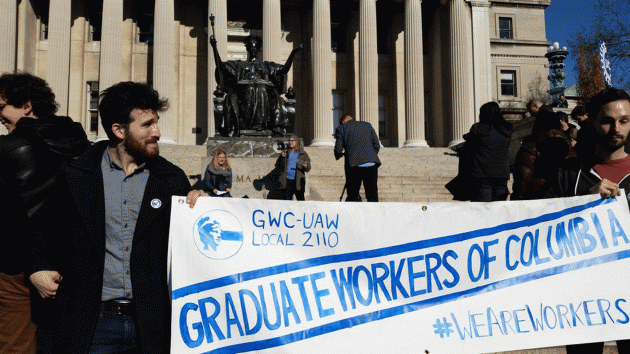One of my favorite things to do to improve my writing is to read books on writing. I particularly try to read about writing when I’m struggling with it. Lately, I’ve been transitioning between two large writing projects and my writing has suffered as a result. To help get my writing chops back, I re-read Stephen King’s wonderful book “On Writing: A Memoir of the Craft.” In his unique style, King packs a tremendous amount of writing advice in a couple of hundred pages. For today’s post, I want to share academic writing tips from Stephen King that will help you get your writing going again too.






